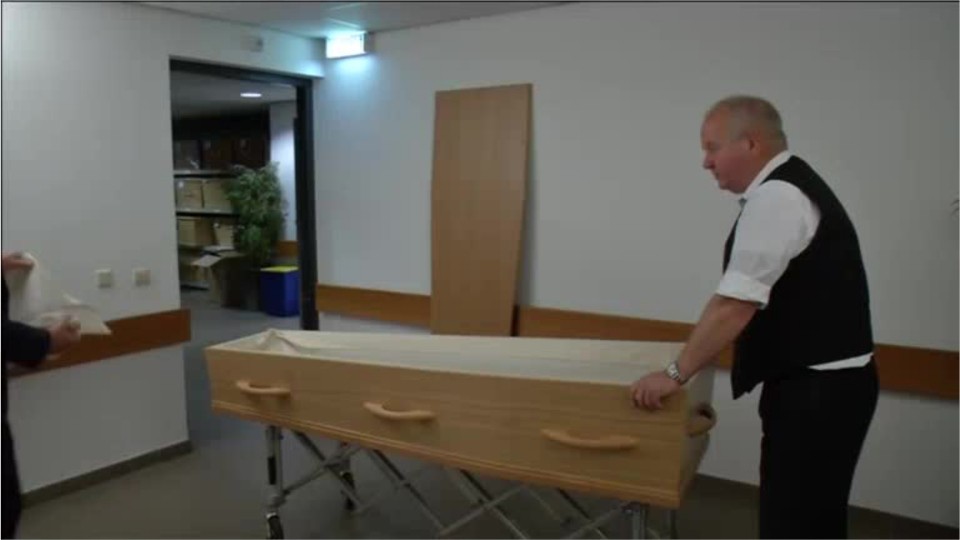Funeral Home Managers
Funeral Director, Funeral Home Manager, Funeral Service Manager, Location Manager
 Select a military branch to see samples.
Select a military branch to see samples.
Aerospace Medical Service; Aerospace Medical Service Apprentice, Flight and Operational Medical Technician; Aerospace Medical Service Craftsman, Aeromedical Education Technician; Aerospace Medical Service Craftsman, National Registry Paramedic; Aerospace Medical Service Helper, Flight and Operational Medical Technician; Aerospace Medical Service Journeyman; Aerospace Medical Service Journeyman, National Registry Paramedic; Health Services Management Apprentice; Health Services Management Journeyman, Health Information Technology; Services Craftsman
Mortuary Affairs Specialist
No similar titles were found.
Fatality Management Officer; Personnel Retrieval and Processing Officer; Personnel Retrieval and Processing Specialist; Personnel Retrieval and Processing Technician
Ceremonial Specialist; Hospital Corpsman; Mortician
No similar titles were found.
What they do:
Plan, direct, or coordinate the services or resources of funeral homes. Includes activities such as determining prices for services or merchandise and managing the facilities of funeral homes.
On the job, you would:
- Consult with families or friends of the deceased to arrange funeral details, such as obituary notice wording, casket selection, or plans for services.
- Schedule funerals, burials, or cremations.
- Deliver death certificates to medical facilities or offices to obtain signatures from legally authorized persons.
Knowledge
Business
- customer service
- management
Arts and Humanities
- English language
Math and Science
- psychology
- biology
Engineering and Technology
- computers and electronics
Skills
Basic Skills
- listening to others, not interrupting, and asking good questions
- reading work related information
Social
- looking for ways to help people
- understanding people's reactions
Problem Solving
- noticing a problem and figuring out the best way to solve it
Abilities
Verbal
- listen and understand what people say
- communicate by speaking
Ideas and Logic
- notice when problems happen
- order or arrange things
Personality
People interested in this work like activities that include leading, making decisions, and business.
They do well at jobs that need:
- Humility
- Sincerity
- Leadership Orientation
- Perseverance
- Empathy
- Stress Tolerance
Technology
You might use software like this on the job:
Electronic mail software
- Email software
- Microsoft Outlook
Presentation software
- funeralOne Life Tributes
- Microsoft PowerPoint
Data base user interface and query software
- HMIS Advantage
- Twin Tiers Technologies CIMS
Education
Education: (rated 3 of 5)
associate's degree or
high school diploma/GED
usually needed
high school diploma/GED
usually needed
Job Outlook
Average
New job opportunities are likely in the future.
Explore More
- Crematory Operators
- Embalmers
- Funeral Attendants
- Morticians, Undertakers, & Funeral Arrangers
- Social & Community Service Managers
You might like a career in one of these industries:
See more details at O*NET OnLine about Funeral Home Managers.






